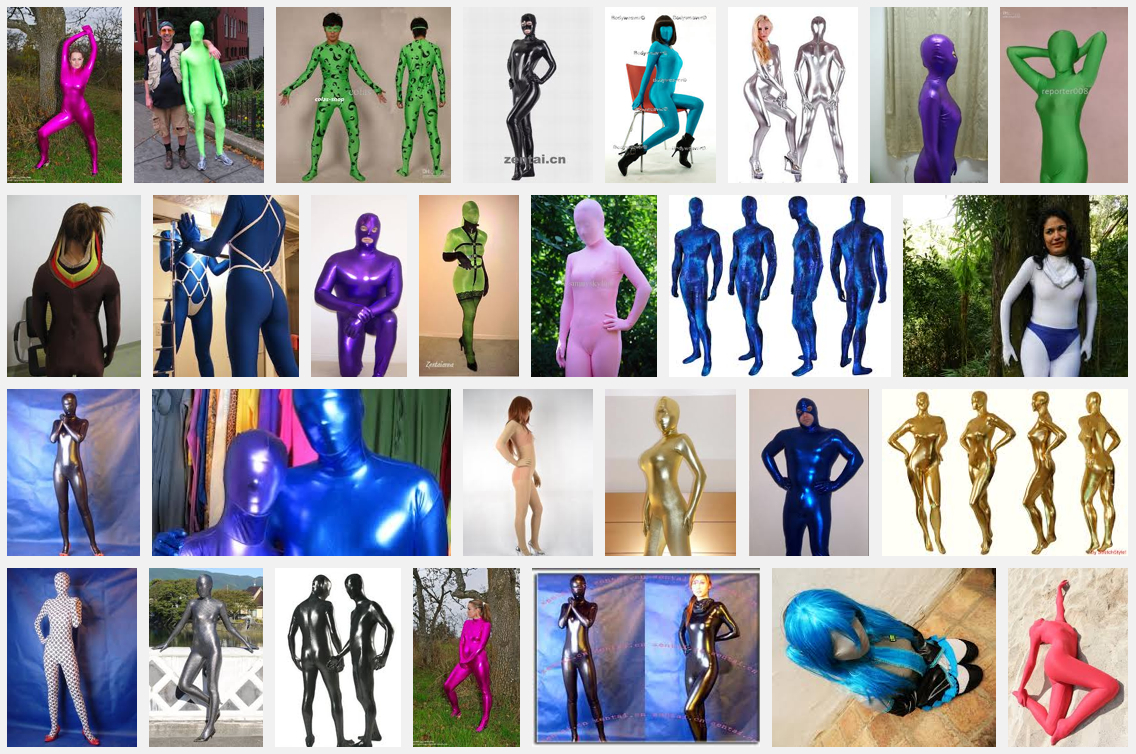[tube]mPUjvP-4Xaw[/tube]
While this may sound like a 1980’s monster flick, it’s rather more serious.
Author, journalist, filmmaker Jon Ronson weaves a fun but sinister tale of the theft of his own identity. The protagonists: a researcher in technology and cyberculture, a so-called “creative technologist” and a university lecturer in English and American literature. Not your typical collection of “identity thieves”, trolls, revenge pornographers, and online shamers. But an unnerving, predatory trio nevertheless.
From the Guardian:
In early January 2012, I noticed that another Jon Ronson had started posting on Twitter. His photograph was a photograph of my face. His Twitter name was @jon_ronson. His most recent tweet read: “Going home. Gotta get the recipe for a huge plate of guarana and mussel in a bap with mayonnaise 😀 #yummy.”
“Who are you?” I tweeted him.
“Watching #Seinfeld. I would love a big plate of celeriac, grouper and sour cream kebab with lemongrass #foodie,” he tweeted. I didn’t know what to do.
The next morning, I checked @jon_ronson’s timeline before I checked my own. In the night he had tweeted, “I’m dreaming something about #time and #cock.” He had 20 followers.
I did some digging. A young academic from Warwick University called Luke Robert Mason had a few weeks earlier posted a comment on the Guardian site. It was in response to a short video I had made about spambots. “We’ve built Jon his very own infomorph,” he wrote. “You can follow him on Twitter here: @jon_ronson.”
I tweeted him: “Hi!! Will you take down your spambot please?”
Ten minutes passed. Then he replied, “We prefer the term infomorph.”
“But it’s taken my identity,” I wrote.
“The infomorph isn’t taking your identity,” he wrote back. “It is repurposing social media data into an infomorphic aesthetic.”
I felt a tightness in my chest.
“#woohoo damn, I’m in the mood for a tidy plate of onion grill with crusty bread. #foodie,” @jon_ronson tweeted.
I was at war with a robot version of myself.
A month passed. @jon_ronson was tweeting 20 times a day about its whirlwind of social engagements, its “soirées” and wide circle of friends. The spambot left me feeling powerless and sullied.
I tweeted Luke Robert Mason. If he was adamant that he wouldn’t take down his spambot, perhaps we could at least meet? I could film the encounter and put it on YouTube. He agreed.
I rented a room in central London. He arrived with two other men – the team behind the spambot. All three were academics. Luke was the youngest, handsome, in his 20s, a “researcher in technology and cyberculture and director of the Virtual Futures conference”. David Bausola was a “creative technologist” and the CEO of the digital agency Philter Phactory. Dan O’Hara had a shaved head and a clenched jaw. He was in his late 30s, a lecturer in English and American literature at the University of Cologne.
I spelled out my grievances. “Academics,” I began, “don’t swoop into a person’s life uninvited and use him for some kind of academic exercise, and when I ask you to take it down you’re, ‘Oh, it’s not a spambot, it’s an infomorph.’”
Dan nodded. He leaned forward. “There must be lots of Jon Ronsons out there?” he began. “People with your name? Yes?”
I looked suspiciously at him. “I’m sure there are people with my name,” I replied, carefully.
“I’ve got the same problem,” Dan said with a smile. “There’s another academic out there with my name.”
“You don’t have exactly the same problem as me,” I said, “because my exact problem is that three strangers have stolen my identity and have created a robot version of me and are refusing to take it down.”
Dan let out a long-suffering sigh. “You’re saying, ‘There is only one Jon Ronson’,” he said. “You’re proposing yourself as the real McCoy, as it were, and you want to maintain that integrity and authenticity. Yes?”
I stared at him.
“We’re not quite persuaded by that,” he continued. “We think there’s already a layer of artifice and it’s your online personality – the brand Jon Ronson – you’re trying to protect. Yeah?”
“No, it’s just me tweeting,” I yelled.
“The internet is not the real world,” said Dan.
“I write my tweets,” I replied. “And I press send. So it’s me on Twitter.” We glared at each other. “That’s not academic,” I said. “That’s not postmodern. That’s the fact of it. It’s a misrepresentation of me.”
“You’d like it to be more like you?” Dan said.
“I’d like it to not exist,” I said.
“I find that quite aggressive,” he said. “You’d like to kill these algorithms? You must feel threatened in some way.” He gave me a concerned look. “We don’t go around generally trying to kill things we find annoying.”
“You’re a troll!” I yelled.
I dreaded uploading the footage to YouTube, because I’d been so screechy. I steeled myself for mocking comments and posted it. I left it 10 minutes. Then, with apprehension, I had a look.
“This is identity theft,” read the first comment I saw. “They should respect Jon’s personal liberty.”
Read the entire story here.
Video: JON VS JON Part 2 | Escape and Control. Courtesy of Jon Ronson.

